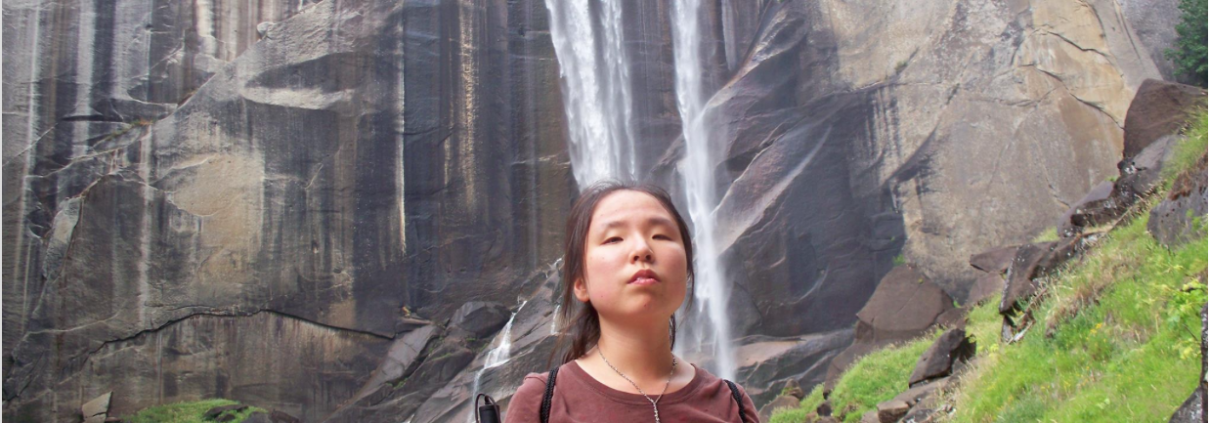Beyond the Disability Awareness Month
Perhaps some of you already know that October is National Disability Awareness month. There are many days in October relating to a variety of disabilities such as World Cerebral Palsy Awareness Day on October 7th, World Mental Health Day on October 10th, and White Cane Safety Day and Blind Americans Equality Day on October 15th. In addition, there are events that aim to raise awareness of disability, such as resource fair for students with disabilities, presentation by a Paralympian, and American Sign Language (ASL) workshops. Such events indeed raise awareness of disability by facilitating interaction between those who identify as having a disability and those who do not.
While such awareness days and events engage the public’s attention to the idea of disability, celebrating merely a month to gain societal attention is insufficient to truly “raise awareness” of disability. As one of only a few blind students at UCLA, my daily interaction with those who do not identify with a disability on and off campus reflects the shortcoming in the public’s understanding of being blind. For instance, it is not uncommon for me to meet people who do not know what the White cane is. Many of them just call it a “stick.” Nor do people know what Braille or a screen reader is. It is only when they ask me, “How do you read textbooks,” or “How do you use a computer,” we begin to talk about what it is like for me to be a blind student. It seems that many people are hesitant to ask such questions, perhaps out of fear they may seem ignorant or I might be offended. However, I believe that true awareness of disability begins only when we have such conversations.
Even I, who was born blind and grew up being around many others with disabilities, do not understand everything about different types of disabilities. For example, not until I took a course titled History of Deaf Community in America, I knew about the Deaf theater and the controversy of oralism versus manualism, a few of many aspects that make the Deaf culture unique. I am constantly learning too. This is why just a month of trying to engage the public in the discourse of disability is not enough. It is only a starting point. The dialogue that fosters learning about each and every person’s different abilities needs to continue beyond the month of October. Only with the continued dialogue, we will be able to have greater awareness of what we now commonly call “disabilities.” My hope is that eventually we will recognize disabilities as different abilities.
Check out this awesome video portraying a regular day in Miso’s life while she walks to class!
Miso Kwak is an undergraduate student at UCLA majoring in Psychology with a double minor in Disability Studies and Education Studies. In addition to blogging for the UCLA Healthy Campus Initiative, she plays the flute with the UCLA Woodwind Chamber Ensemble. Outside of school, she works as a mentor for high school students through Accessible Science, a nonprofit organization that facilitates science camp for blind youth.


